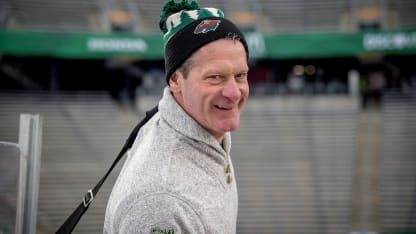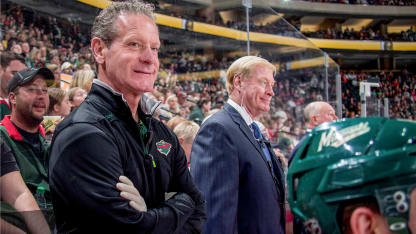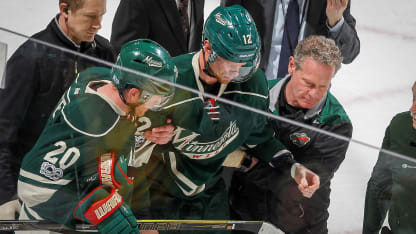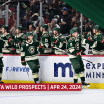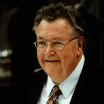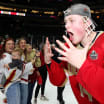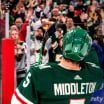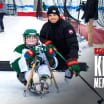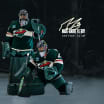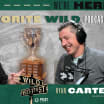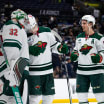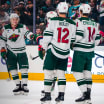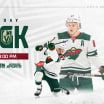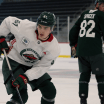In 2009, he was afforded the opportunity to re-join the pro hockey ranks when Don Fuller, then the head athletic trainer for the Wild, gave him a call. Chuck Fletcher had just been named general manager, and the club was reorganizing its training staff.
Worley -- who had formed a close friendship with Otto, an Elk River native, when the two were with the Flyers -- had spent his summers in Minnesota for several years. The outdoors and the summer lifestyle were a draw for him and his family, so he agreed to join the team as its assistant athletic trainer.
"The opportunity to get back into this job setting was very interesting to us," Worley said. "But on a personal level [with Otto], our families had sort of grown up together. We had been coming here since the mid-to-late '90s, so we knew Minnesota from the summer standpoint."
Along the way, Worley has never once missed a game with the Wild. In 2016, Fuller retired, and Worley was promoted to the head trainer position, where he stands today.
One of the most outgoing personalities in the dressing room, Worley has no problem quickly forming solid relationships with both players and coaches.
Wild forward Zach Parise, who joined the club in 2012, went through perhaps the most trying times of his hockey career in 2016 and in 2017, when a nagging back injury forced him to miss significant time on the ice, and live a life in constant pain at home.
Parise laid in the back of his truck on his way to his microdiscectomy operation in September of 2017 because he was in so much pain.
Afterward, when the long road back to the ice began, it was Worley who helped him through some of his most difficult times.
